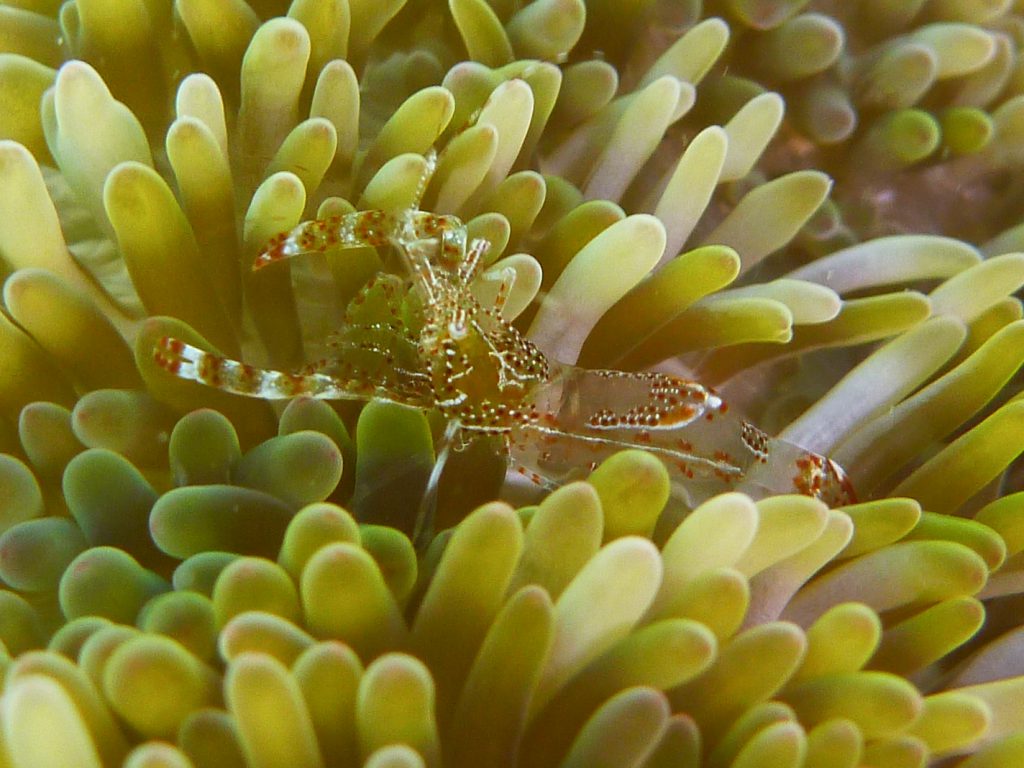
Sea anemones that grow on the ocean floor are showing promise as a source of treatment for lupus, a painful disease in which a person’s immune system attacks its own healthy, normal cells.
Dr. Anne Stevens, who treats and studies lupus at Seattle Children’s Hospital and Seattle Children’s Research Institute, is presenting results this week from her research on dalazatide, a compound derived from sea anemone venom that she is researching to determine if it could be used as a potential immunotherapy for lupus. The condition affects about 1.5 million Americans, and nearly 90% of those diagnosed are female. Almost all women who get lupus are of childbearing age.
“This could lead to a totally new approach of treating lupus,” Stevens said. “In lupus patients, a particular type of immune cell is overactive. We found that dalazatide can target those overactive effector memory T cells and turn down their activity.”
Stevens is presenting her latest findings at a meeting of the European League Against Rheumatism in London.
Lupus cells quiet down with dalazatide
Normally, a person’s immune system works by producing immune T cells and antibodies that fight germs and infections. But when a person has lupus, the immune system goes into overdrive and can’t tell the difference between the body’s normal, healthy cells and germs that cause infection. The immune cells that are to blame: effector memory T cells, which direct the attack on the body’s healthy cells with the same swiftness and strength those T cells are supposed to use only against viruses and infections.

Stevens’ latest findings show that effector memory T cells from lupus patients can be targeted and blocked with dalazatide. The drug is produced by KPI Therapeutics and Kineta.
Current treatments can reduce some inflammation associated with lupus, but they also suppress normal functions of the immune system and have wide-ranging side effects like weight gain from steroids.
Stevens’ recent research led to two important findings: First, she has confirmed that effector memory T cells from lupus patients express high levels of Kv 1.3, a receptor on those cells that is targetable with dalazatide. Secondly, she has confirmed that dalazatide can block effector memory T cell activity, demonstrating that the drug is effective against those cells.
“Dalazatide could offer a much more targeted treatment approach than current lupus treatments that are very hard on a patient’s body,” Stevens said. “The goal is to create an immunotherapy treatment for lupus, in which we use this compound to regulate a patient’s own T cells.”
Next steps in lupus research
Stevens says now that they have shown the drug’s efficacy in a lab, she will work on designing a clinical trial for patients with lupus. The drug has been tested in a trial to treat adult psoriasis and may have potential as a therapy for other autoimmune diseases like multiple sclerosis, arthritis, type 1 diabetes, inflammatory bowel diseases and asthma.
“My hope is that some day lupus patients can avoid the difficult treatment and side effects they deal with today and instead take a simple injection twice a week with this therapy,” Stevens said.

